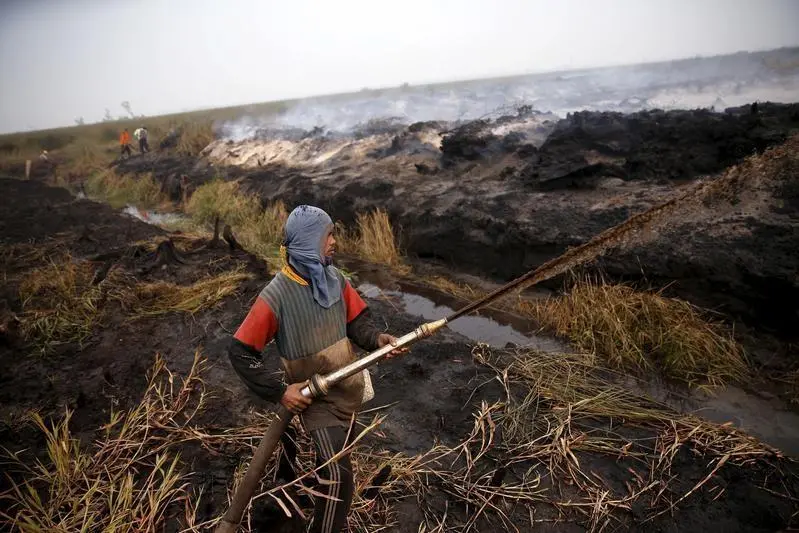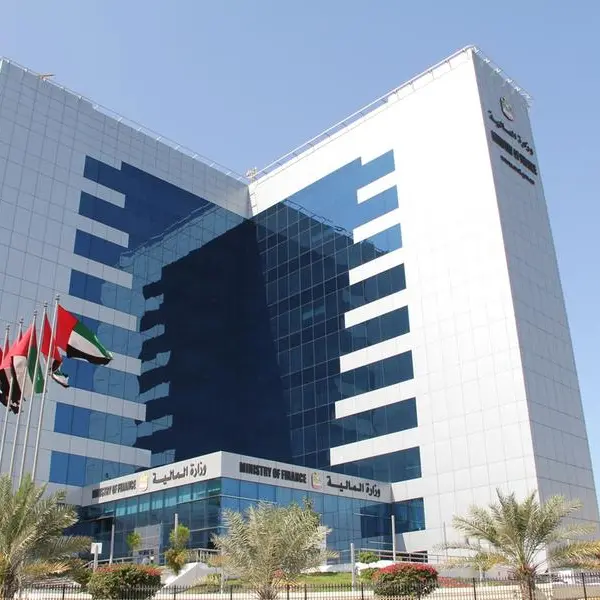PHOTO
JAKARTA - Top exporter Indonesia said on Monday it will temporarily remove a levy on palm oil after a sharp drop in prices which has hit farmers.
Indonesia collects levies from palm exporters to help finance the development of its palm-based biodiesel programme, as well as funding other palm oil agenda, such as replanting.
"Palm prices are falling rapidly ... We see that the situation has become urgent, especially for farmers and the whole palm industry," Darmin Nasution, the country's coordinating minister for economic affairs, said.
The latest policy will take effect as soon as the Finance Ministry issues the regulation, he said.
As prices recover to $500 per tonne, levies of $25 will be imposed for crude palm oil and $5-$10 per tonne for its derivatives, Nasution said, adding that levies of $20-$50 per tonne will be imposed again when prices reach at least $550.
The palm oil benchmark contract in Kuala Lumpur 1FCPOc3 has dropped almost 10 percent so far in November and touched its lowest since August 2015 last week.
It closed at 1,965 ringgit ($469.42) per tonne on Monday.
"We have agreed that the levy on palm oil and its products, due to price conditions, will be lowered to zero," Nasution, who earlier this month said the government had decided not to change export levies, told reporters.
Nasution said the Crop Estate Fund has collected "more than enough" funds so far and its programmes will resume as normal.
Rida Mulyana, a senior Energy Ministry official, said the lower palm oil price meant the cost of biodiesel is less than regular diesel, so producers do not require a subsidy which is usually funded by the levy. ($1 = 4.1860 ringgit)
(Reporting by Bernadette Christina Munthe and Fransiska Nangoy; Editing by Tom Hogue/Louise Heavens/Alexander Smith) ((Fransiska.Nangoy@thomsonreuters.com; +62 21 2992 7610; Reuters Messaging: fransiska.nangoy.thomsonreuters.com@reuters.net))





















